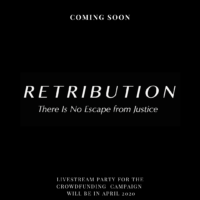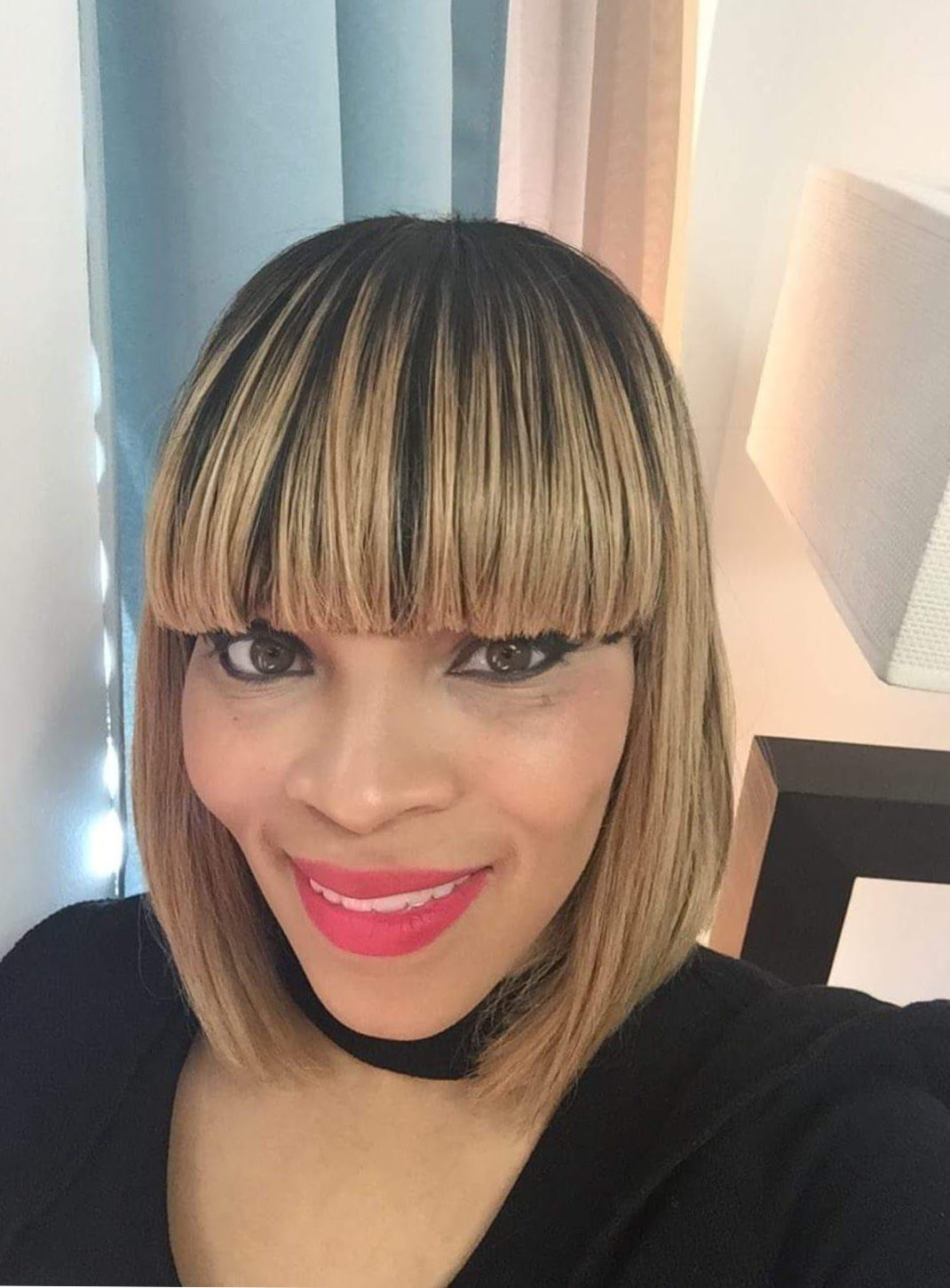
When I was in film school, it never occurred to me to study anything else but film. I took a creative writing course by chance, but other than that, nothing outside of my major. It’s not that I wasn’t interested in anything else, I just was focused on learning film. I guess it was because when I started, I knew absolutely nothing about making a film and felt I needed to concentrate on trying to become an expert at that.
A couple of years after I graduated from school I moved to California. In the midst of my move I came up with an idea for an original pilot. I decided then I was going to start writing for film and television. Just like that. I started working on my idea, and I joined a writers organization, the Organization of Black Screenwriters. Not long after I joined the organization formed writer’s groups for the members. I had never heard of it and didn’t know what it was about, but I figured whatever it was, it could help me.
In my group were writers who wrote for film, some who wrote one hour television dramas and some who wrote half hour multi-camera television comedies. So immediately I was able to learn the difference in format between the different types of television shows. I learned that one hour dramas and half hour single camera comedies used the same format as film. So those were the types of scripts I wrote, I decided to stick with what I know. But beyond learning the technical side to writing a television script, I learned how to give and receive feedback for my writing.
Before the writer’s groups, I never had a process that included getting feedback at every step of the way. Usually I finished writing and gave it to a family member who would ask me questions about the things they didn’t understand and tell me what they liked or didn’t like about my story. But it was miles from what I received from other writers. And it helped to improve my writing.
Learning how to critique someone else’s writing helped me to look out for the same things in my own. Also learning how to receive feedback was huge. Not just getting past the hurt feelings when someone tells you what’s wrong with your masterpiece, but what exactly to do with the advice that is usually given with the critique. Good feedback doesn’t just say what’s good or bad about a script, it also gives suggestions on how to fix problems.
Getting feedback from 4 or 5 people can be helpful but also confusing. Helpful because if they all point out something in your script as a problem, it’s definite proof that there needs to be a change. But each person can and sometimes do give very different suggestions on how to fix that problem. So I learned how to look at each suggestion and choose the one that made the most sense for what I was trying to convey in my story, and what worked best for my characters. Sometimes I wouldn’t take any of the suggestions, but use them as a springboard to come up with one of my own.
Also, having weekly meetings helped motivate me to finish more scripts than I would have on my own. Each week I needed to produce pages for the group to read. I worked on two feature scripts, an original pilot, two spec scripts, a short film and a web series while I was a part of that group. I probably should join another writer’s group.




